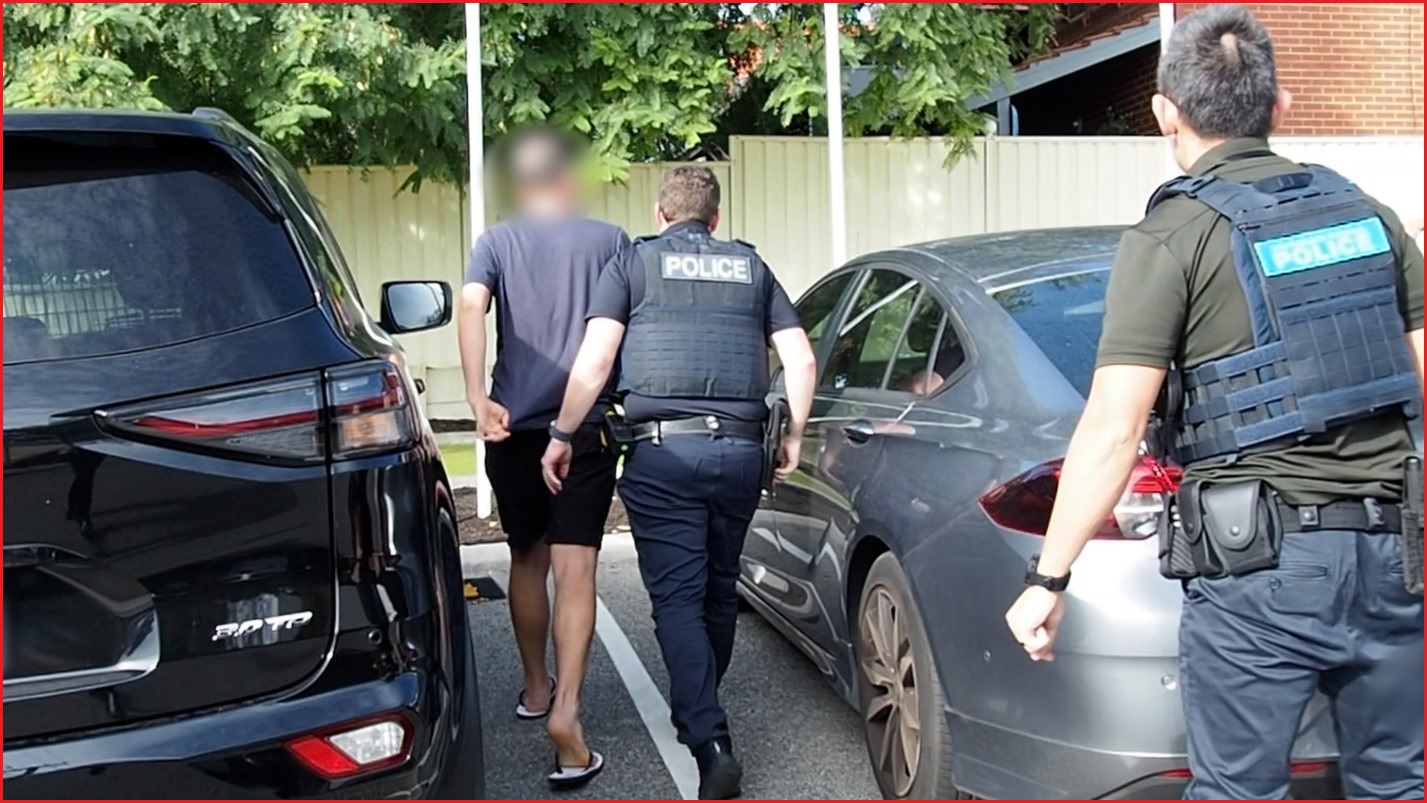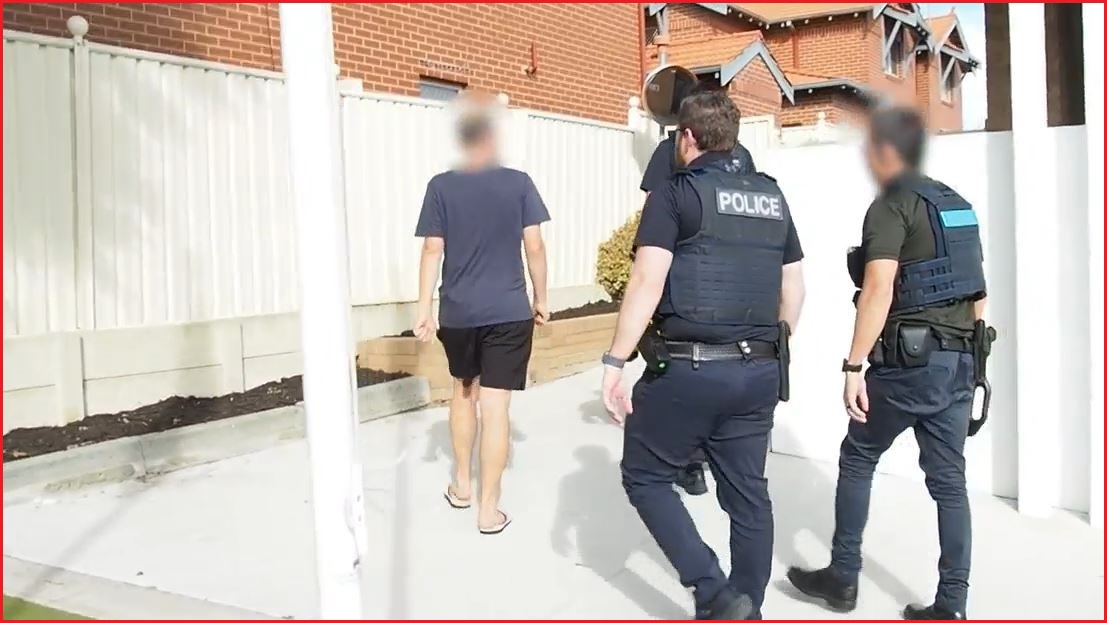A West Australian man faced court on Friday, charged with creating fake free public Wi-Fi networks in places such as airports and domestic flights, before using them to record the personal data of unsuspecting people who connected to them.
Michael Clapsis, 42, appeared in Perth Magistrates Court and remains on bail over nine alleged cyber crime offences, as Nine reported.
Clapsis was charged in May after an airline reported that a suspicious Wi-Fi network was identified by its employees during a domestic flight.
Australian Federal Police (AFP) said investigators had searched a man’s bags at Perth Airport on 19 April, and seized “a portable wireless access device, a laptop and a mobile phone”.
A home in the Perth suburb of Palmyra was also searched twice before the man was arrested and charged, the AFP said.
He was then released on bail.
Devices seized by federal officers allegedly contained “dozens of personal credentials belonging to other people”, as well as fake Wi-Fi login pages.
How ‘evil twin’ network allegedly worked
Police alleged a portable Wi-Fi device was used to create what is known as an “evil twin” attack — essentially a fake network which can collect data from victims who connect to it.
The device was allegedly used at multiple locations, including at airports in Perth, Melbourne and Adelaide, as well as on domestic flights and at locations where the alleged perpetrator used to work.
Police believe potential victims were asked to sign in to the fake Wi-Fi networks using their email or social media passwords, which were then then allegedly captured by the accused on other devices.
The AFP has recommended that anyone who recently connected to free Wi-Fi networks in Australian airports and domestic flights change their passwords, and report any suspicious activity on their accounts to the Australian Signals Directorate.
Anyone concerned about identity theft can also contact the national identity and cyber support service IDCARE.
The full extent of the alleged offences was still under investigation, the AFP said.
Police alleged the 'evil twin' trap was used at domestic airports and on flights. Photo: AFP / Supplied
Police issue public Wi-Fi warning
Andrea Coleman, an AFP cyber crime detective inspector, said the case highlighted why people should be careful when using public Wi-Fi networks.
“To connect to a free Wi-Fi network, you shouldn’t have to enter any personal details, such as logging in through an email or social media account,” she said.
“If you do want to use public Wi-Fi hotspots, install a reputable virtual private network (VPN) on your devices to encrypt and secure your data when using the internet.”
Coleman said when using a public Wi-Fi network, people should also avoid doing anything sensitive, such as file sharing or banking.
“We also recommend turning off the Wi-Fi on your phone or other electronic devices before going out in public, to prevent your device from automatically connecting to a hotspot,” she said.
Coleman said she always encouraged people to strengthen their passwords, make each password unique, use a password manager and install all available software and security updates on their devices.
Clapsis is reportedly due back in court on 23 August.











